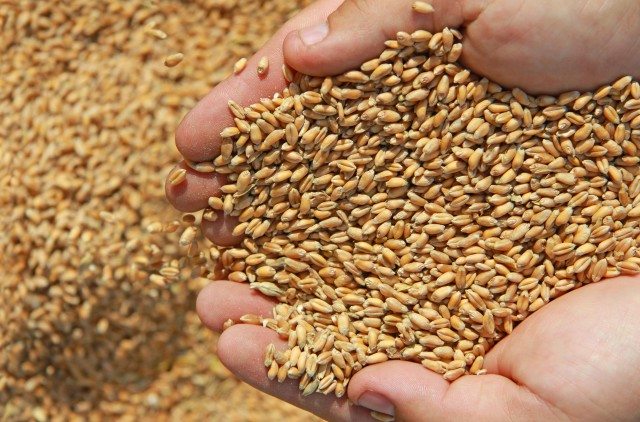The James Beard Foundation, Food Tank and an advisory group of more than 70 food system experts, developed the second annual Good Food Org Guide featuring nearly 1,000 food related nonprofits across the US.
This Guide highlights nonprofit organizations that are doing exemplary work in each of the 50 States including the District of Columbia, Puerto Rico, and Guam, in the areas of food and agriculture, nutrition and health, hunger and obesity, and food justice.
At least 10 organizations were chosen from each of the 50 states so that wherever people live they can find the organizations nearest to them that are cultivating a better food system.
The first annual 2014 Good Food Org Guide was released as the definitive guide to organizations—national and state-by-state—who are making an impact with their work.
The 2014 Guide was viewed and downloaded by more than 100,000 individuals.
This year’s guide will be released at the James Beard Food Conference on October 19, 2015.
Only nonprofit, scholarly, and municipal initiatives have been selected in order to spotlight efforts that are focused on community building and engagement, advocacy, and service.
The vision and objective of this annual publication is to focus attention on the hundreds of organizations (listed in alphabetical order, not ranked) who are working in fields, kitchens, classrooms, laboratories, businesses, town halls, and Congress to create a better food system.
The list was determined by distinguished experts, including past recipients of the James Beard Leadership Award and food and agriculture leaders.
This year’s guide has tripled in size and includes new features such as categories and an online interactive mapping and search tool.
The new website allows users to search by keyword, location, and category in order to explore the organizations they are most interested in.
They include organizations that:
– combat childhood obesity, malnourishment, and physical inactivity; prevent food waste;
– educate consumers on healthy, nutritious food choices;
– create networks of social entrepreneurs;
– protect food and restaurant workers;
– highlight solutions for restoring the health of people and the planet;
– work with indigenous communities to preserve traditions, culture, and biodiversity; as well as
– inspire and educate individuals to cook more of their own food; and protect public health, human health, and the environment.










